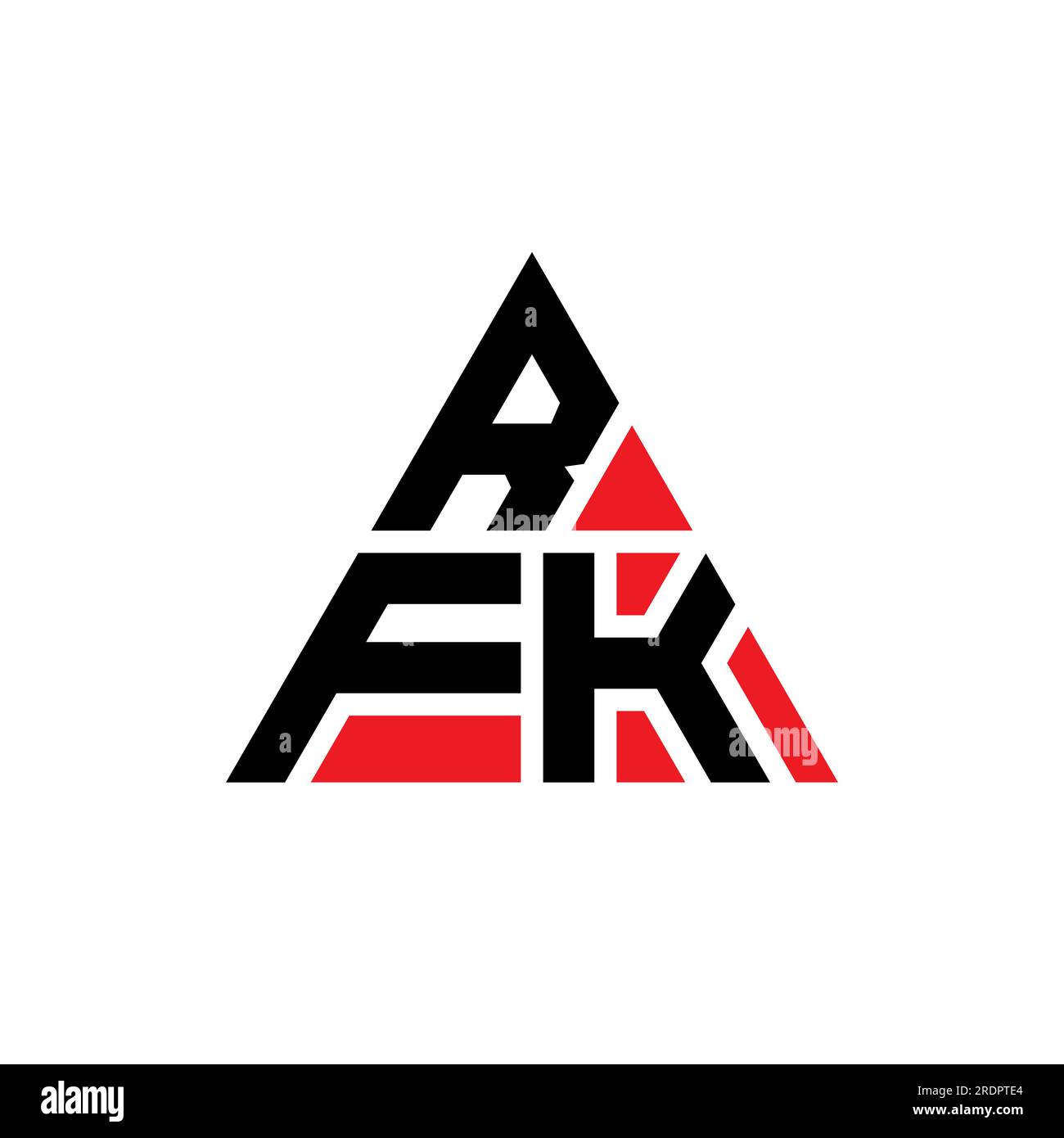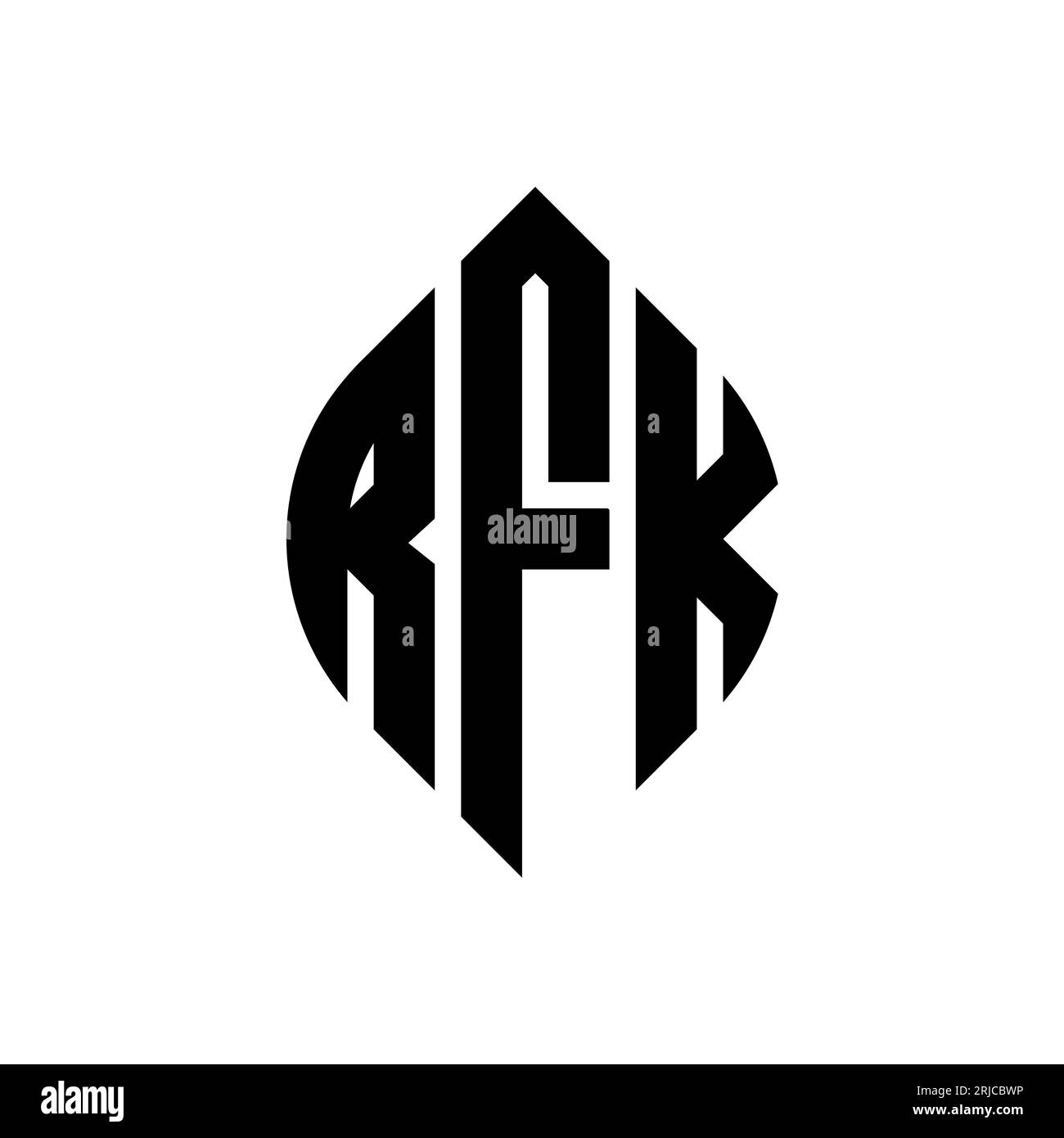Hey there, friend! Let me tell you something that’s been on my mind lately. The phrase "RFK black kids" might not immediately ring a bell, but it carries so much weight and history behind it. We’re talking about the incredible legacy of Robert F. Kennedy—RFK—and his connection with African American children during one of the most transformative periods in U.S. history. This isn’t just a story; it’s a chapter in our collective journey toward equality, compassion, and justice. So, buckle up because we’re diving deep into this powerful narrative.
When RFK spoke out against poverty and racial injustice, he wasn’t just making speeches—he was connecting with people on a human level. One of the most iconic moments in his career was when he visited Mississippi in 1967. There, he met black kids living in extreme poverty, and those images still resonate today. It wasn’t just about politics for RFK; it was personal. He saw these kids as the future, and he wanted to give them a fighting chance.
Fast forward to today, and we’re still grappling with many of the same issues RFK fought against. But here’s the thing: the legacy of RFK’s work lives on through the generations he inspired. These "RFK black kids"—the ones he met, the ones he inspired, and the ones who continue to carry his torch—are shaping the world in ways that matter. In this article, we’ll explore their stories, the challenges they face, and how their voices are driving change. Stick around, because this is going to be powerful stuff.
- Terra Yoga A Journey To Inner Peace And Wellness
- Top Gifts For A 60 Year Old Man Celebrating Life Style And Adventure
Who Was RFK Anyway?
Before we dive into the "RFK black kids" part of the story, let’s take a quick step back and talk about the man himself. Robert F. Kennedy was more than just a politician; he was a visionary. As the younger brother of President John F. Kennedy, RFK served as Attorney General during JFK’s administration. But it was after JFK’s assassination that RFK truly found his voice. He became a senator from New York and eventually ran for president in 1968, advocating for civil rights, social justice, and an end to the Vietnam War.
RFK's Connection With Black Kids
One of the most defining moments in RFK’s career was his trip to the Mississippi Delta in 1967. The images from that visit are unforgettable: RFK holding a malnourished black child, his face filled with shock and empathy. It wasn’t just a photo op for him; it was a wake-up call for the nation. He saw firsthand the devastating effects of poverty and systemic racism, and he vowed to do something about it. This moment cemented his legacy as an advocate for the marginalized and the forgotten.
Biography of RFK
Early Life and Career
RFK was born on November 20, 1925, in Brookline, Massachusetts. Growing up in a politically influential family, he learned early on about the power of public service. After serving in the U.S. Navy during World War II, RFK went on to study law at the University of Virginia. His career in politics began when he worked for his brother’s presidential campaign in 1960. As Attorney General, he tackled organized crime and became a key figure in the civil rights movement.
- Kate Middletons Guide To Wearing An Eternity Ring Style Tips And More
- Penny Auction The Thrilling World Of Bargain Hunting
Key Achievements
During his time as Attorney General, RFK played a pivotal role in advancing civil rights. He supported the Freedom Riders, worked to desegregate schools, and fought for voting rights. His commitment to justice extended beyond race; he also championed labor rights and environmental protection. When he ran for president in 1968, his platform focused on ending poverty, addressing racial inequality, and bringing peace to Vietnam.
The RFK Black Kids Phenomenon
Now, let’s talk about the heart of our story: the "RFK black kids." These were the children RFK encountered during his travels through impoverished communities. They weren’t just statistics or faces in a crowd; they were individuals with dreams and potential. RFK saw them as the key to a better future, and he worked tirelessly to give them opportunities they deserved.
Meeting the Children in Mississippi
RFK’s visit to the Mississippi Delta was a turning point in his political career. He saw children so malnourished that they resembled refugees from a war-torn country. This experience fueled his passion for addressing poverty and inequality. He realized that the fight for civil rights wasn’t just about laws—it was about providing basic necessities like food, shelter, and education.
The Legacy Lives On
Fast forward to today, and the "RFK black kids" are no longer kids. They’re adults who have carried RFK’s legacy forward. Many of them have become leaders in their communities, advocates for social justice, and voices for change. Their stories are a testament to the power of hope and resilience.
The Challenges Faced by RFK Black Kids
Despite the progress made since RFK’s time, the challenges faced by black kids today are still daunting. Poverty, systemic racism, and lack of access to quality education continue to be major obstacles. But here’s the thing: these kids are not defined by their circumstances. They’re fighters, dreamers, and leaders in the making.
Poverty and Economic Disparity
Poverty remains one of the biggest hurdles for many black children. According to recent data, nearly 1 in 3 black children in the U.S. live below the poverty line. This disparity is rooted in systemic issues that have persisted for generations. But organizations inspired by RFK’s work are fighting back, providing resources and support to help these kids succeed.
Educational Inequity
Access to quality education is another major challenge. Schools in low-income neighborhoods often lack the resources and funding needed to provide a quality education. This creates a cycle of disadvantage that’s hard to break. However, initiatives inspired by RFK’s vision are working to level the playing field and give every child a fair chance.
RFK Black Kids in Action
So, what are these kids doing today? Let’s take a look at some of the ways they’re making a difference:
- Advocating for social justice
- Leading community organizations
- Shaping public policy
- Inspiring the next generation
Their actions speak volumes about the impact RFK had on their lives. He believed in their potential, and they’ve proven him right.
Data and Statistics
Let’s take a moment to look at some of the numbers behind the story:
- According to the U.S. Census Bureau, 27% of black children live in poverty.
- Black students are more likely to attend underfunded schools compared to their white counterparts.
- RFK-inspired programs have helped millions of children access better education and healthcare.
These stats paint a picture of the challenges and progress made in the fight for equality.
RFK's Vision for the Future
RFK once said, "There are those that look at things the way they are and ask why. I dream of things that never were and ask why not." This quote perfectly encapsulates his vision for the future. He believed in the power of change and the potential of every child, regardless of their background.
Continuing the Fight
Today, organizations like the Robert F. Kennedy Human Rights continue his work. They focus on issues like racial justice, economic equality, and environmental protection. These efforts ensure that RFK’s legacy lives on and that the "RFK black kids" of today have the tools they need to succeed.
Conclusion
As we wrap up this journey through the world of "RFK black kids," it’s clear that their story is far from over. The legacy of RFK’s work continues to inspire and drive change. These kids—and the adults they’ve become—are proof that hope and resilience can overcome even the toughest challenges.
So, what can you do? Start by learning more about the issues affecting black children today. Support organizations working to address poverty and inequality. And most importantly, believe in the potential of every child, just like RFK did. Together, we can create a brighter future for all.
And hey, don’t forget to share this article with your friends and family. The more people who know about this powerful story, the better. Let’s keep the conversation going and honor RFK’s legacy by making a difference.
Table of Contents
- Easter Basket Toddler A Fun Tradition For Little Ones
- Smile Donkey The Unstoppable Force Of Happiness


